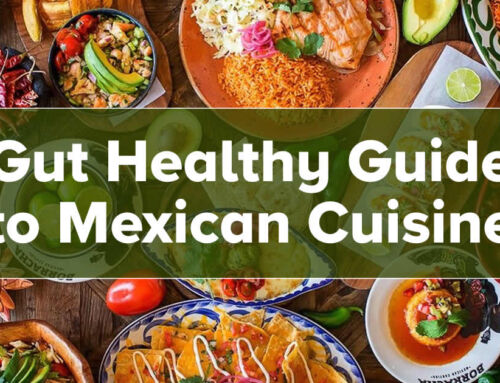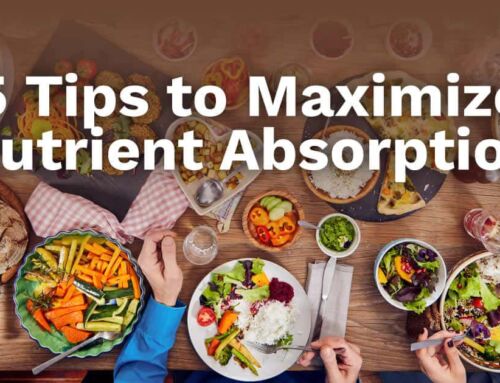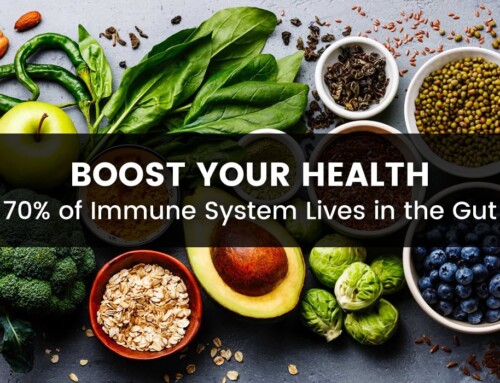During summertime, the sun in San Antonio starts getting brighter. We can feel the effects of the water loss on our bodies when trying to get out of our car after a long drive, our legs get stuck to our seats with sweat. Or when we pass out on our beach towels in the sun and wake up drenched in sweat– and probably a little sun-burnt too. We lose a lot of water through sweat in the summer and it’s important that we put back as much as our bodies are losing – because it’s vital to our health.
Water, food, air, and shelter are the 4 most basic things every living organism needs to stay alive. You can survive months without food and sustain yourself on just water. But, once water is taken out of the equation, survival dramatically decreases to just a few weeks and sometimes only days. Water is so important in our daily life because our bodies are made up of over 60% water – it’s in our sweat, saliva, stomach acid, blood, breath, urine, stool and more. So, when we sweat, we need to replenish our H2O.
Lack of water in our bodies will also cause an upset in your digestive system, which affects how your body absorbs and uses nutrients.
Water Helps with Digestion and Constipation
You need water for the proper digestion and elimination of food. Water is an essential component for saliva in your mouth and hydrochloric acid in your stomach – both of which help break down food and promote digestion. Water is also necessary to help prevent constipation in your large intestines, one of the last stops of digestion.
There are many ways water plays an important roll in our digestive system. Hydrochloric acid is a water-based solution –it’s one of the main gastric fluids that helps break down food in our stomach. The large intestines uses water from the foods we eat to help keep our stool soft and moving along and our body uses the water we hydrate ourselves with to make saliva.
When you chew food your body immediately starts to salivate – sometimes this salivation occurs when you just think of food, one of those “make your mouth water” type of moments. Saliva contains digestive enzymes that immediately start breaking down the food once you start chewing. This is why it’s important to chew well and eat slow to help with this part of digestion. But, what if you’re dehydrated? Saliva is made up of water and when we’re dehydrated, it’s going to be harder for our saliva to excrete and help with the promotion of food digestion.
Constipation occurs when your bowel movements are less frequent and is usually associated with hard stool – making it a really uncomfortable time in the bathroom. Guess what the main cause for constipation is? You got it – dehydration. Most patient with mild to moderate constipation can resolve the issue with proper hydration alone.
If your body is dehydrated your large intestines compensates for this by taking water from the foods you eat and putting it back into your blood. This is what causes your stool to get hard. So, drinking more fluids reduces the amount of water your large intestine removes from your stool and allows it to stay soft and pass more smoothly.
Water: Before or During Meals?
If you’re a person who constantly snacks, how much water do you drink? Sometimes the body sends “hungry signals” when it’s actually just thirsty. This can lead to an overindulgence in food when what your body really wants is simply more water. Most diet plans include a lot of hydration.
This is why you should drink water before your meals. This helps satisfy those internal mechanisms triggering your need for water before you reach for food and can help reduce unwanted weight gain. Research proves that drinking a glass of water before meals result in an increase in weight loss.
Drinking water before meals also helps prepare your digestive system by producing gastric juices, which helps digest food better.
Patients with gastroesophageal reflux disease (GERD) or acid reflux are encouraged to limit their beverage intake during meals. Liquids add more volume and pressure to your stomach while eating, pushing the food closer to your lower esophageal sphincter (LES). When your LES opens from this pressure it leads to indigestion and heartburn. Drink 30 minutes before meals to help reduce your thirst triggers, prepare your digestive system for proper digestion, and prevent your risk of acid reflux.
List of Foods with a High Water Content
If you don’t like drinking a lot of water, you’ll be happy to know you can eat some of your water too. The following list of foods contain 70-99% of water.
- Cantaloupe
- Strawberries
- Watermelon
- Lettuce
- Cabbage
- Celery
- Spinach
- Pickles
- Yogurt
- Apples
- Grapes
- Oranges
- Carrots
- Pears
- Pineapples
- Bananas
- Avocados
- Shrimp
This doesn’t mean you can eliminate drinking water all together, but these foods will help keep you hydrated without having to drink as much. About 80% of water intake comes from drinking water and beverages, and the other 20% comes from food you eat. You can see how it would be hard to eat enough food to meet your daily need for water.
Recommendation for Water Intake: Quality Over Quantity?
The Food and Nutrition Board recommends on average drink:
- • Women – 2.7 liters/day
- • Men – 3.7 liters/day
This average changes based on activity, diet, climate, age, and weight. Let one of your most basic instincts – thirst – be your guide, it will let you know when you need to drink more water or not. Also keep an eye on your urine- if it’s dark yellow, you are not getting enough fluids.
Even with the Safe Water Drinking Act passed in 1974 banning certain chemicals in our water, today some water still contains contaminants and additives such as fluoride, chlorine, arsenic, lead, mercury, and chromium-6. We’re telling you to drink more water, but we also want you to make sure what you’re drinking is clean, healthy water.
Enter your zip-code in here to find out the contaminants in your tap water. Having these contaminants in your water can also affect the pH level of the water. The Environmental Protection Agency (EPA) recommends standard drinking water to be between 6.5-8.5. Once you find out which contaminants need to be removed then it’s time to pick out a good water-filter.
Why does pH matter? Your body is in a constant state of balancing your pH – being too acidic (pH<7) or being to alkaline (pH>7) can disrupt this balance in your blood. Your stomach is also a very acidic environment and if it’s constantly having to release acid to balance out it’s environment that can cause a real upset in your stomach. Here’s how to test the pH of water in your home.
About plastic water bottles – not only are they not sustainable for the earth even if recycled, they sometimes are just tap water rebranded. These plastic bottles also contain endocrine disrupting chemicals in them and can seep out if they sit in the heat for a long time – not good for your health. Stick to a reusable stainless-steel water bottle free from bisphenol-A, another nasty pollutant. Then fill it with filtered water from your home.
Staying hydrated is important for our digestive health – drinking water should be your main focus when dealing with hydrated. But, don’t forget about the quality of your drinking water as well. If you’re in the San Antonio, TX area and are having trouble with any digestive issues call 817-267-8470 or book an appointment online today with Dr. Russell Havranek. Thank you.






